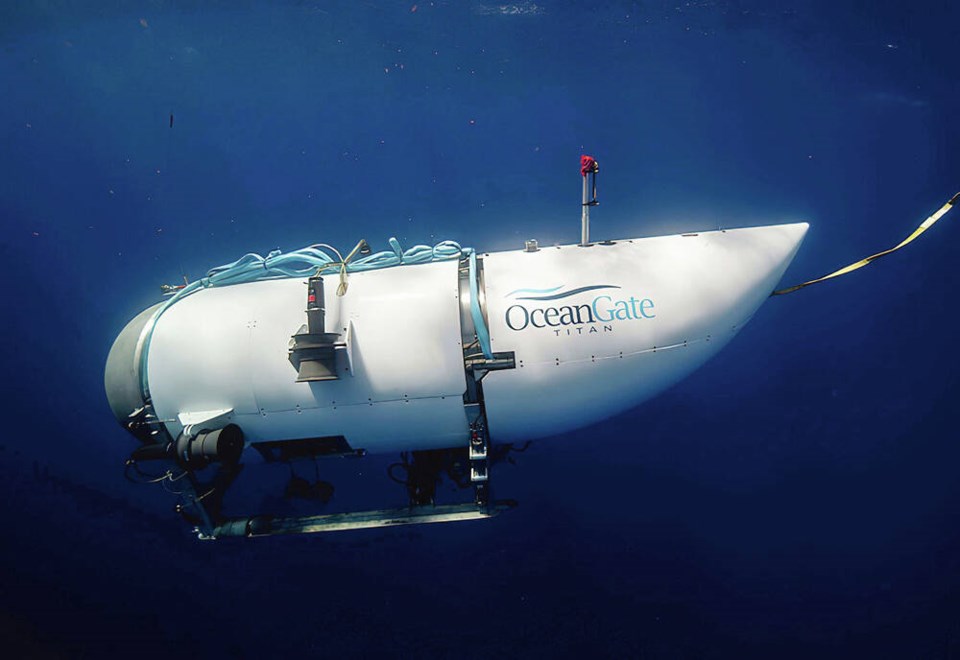Before we learned of the tragic outcome, I was captivated by the coverage of the lost submersible travelling to the Titanic wreckage. When the news broke that it was missing, I found myself constantly refreshing Google and Twitter for updates.
As I read the news coverage, the internet was also full of memes, social media posts and articles making judgment on the case. They mainly focused on the cost of the search, the attention the wealthy voyagers were receiving, the intelligence of the submarine company and the decision of people to join the expedition.
There was no part of me that didn’t want the efforts made to save the people on board.
The missing submersible attracted funding and support from agencies spanning the globe. I started to think about the cost of this and wondered if that type of funding could be rallied for other initiatives in communities.
One of my first thoughts went to the housing crisis, probably because I spent so many years working in the housing sector. I also thought about families we see in the news whose children require medication costing upwards of $100,000 to treat disease and pain that are not covered by insurance or MSP.
As I delved deeper in my thoughts about rallying funds, and seeing how quickly the funds and support came together for this case, I did have to acknowledge the differences.
I spent hours and hours following the story for five days, until the unfortunate news broke. I have also spent many more hours watching interviews and reading articles following the news of the implosion.
I know I am not alone in being captivated by the story.
People who might be trapped in a submersible on the ocean floor with a clock ticking down on available oxygen is hard to look away from.
Many of us find it hard to imagine what that experience might be like.
In a perfect world, all of the important issues that deserve attention would be given the time and space to be heard, and people would listen.
The housing crisis is dire, but if news coverage were 24/7, I know it wouldn’t garner the same attention. This isn’t a media issue; it is a supply and demand issue.
As I reflect on the days between when we learned the vessel was missing and when pieces of it were recovered, I can’t off the top of my head remember other news stories from that time.
There are so many issues, projects and people that deserve our attention, our support and our funding. It’s easy to sit at home and criticize how it’s being spent, but also know that our clicks, likes and shares play a role in dictating that.
As an optimist, I was really hoping that the people on board would be found in time to save them. I thought of other incidents that brought worldwide attention, such as the Tham Luang cave rescue, where 12 youths were trapped in a cave in 2018, and all survived.
One issue I have is with the open criticism of the passengers. When people’s lives are at risk, and in this case, lives are lost, I find it distasteful to criticize people. They lost their lives; their families are grieving.
It doesn’t matter how big or how small, no one likes an “I told you so.”
One thing in life I have learned is, when someone feels bad or has clearly learned their lesson, there is no need to make them feel worse.
Nothing in life is easy, and rarely are things black and white. As humans, we often simplify complex things to rationalize them. It can be helpful in some cases and detrimental in others. When we look at something with a black-and-white, hindsight lens, it’s easy to judge people.
Even if you are convinced you know the right answer, there is no need to post on social media and criticize their choices. They died. Be respectful to their family, their friends and their memory.
>>> To comment on this article, write a letter to the editor: [email protected]



